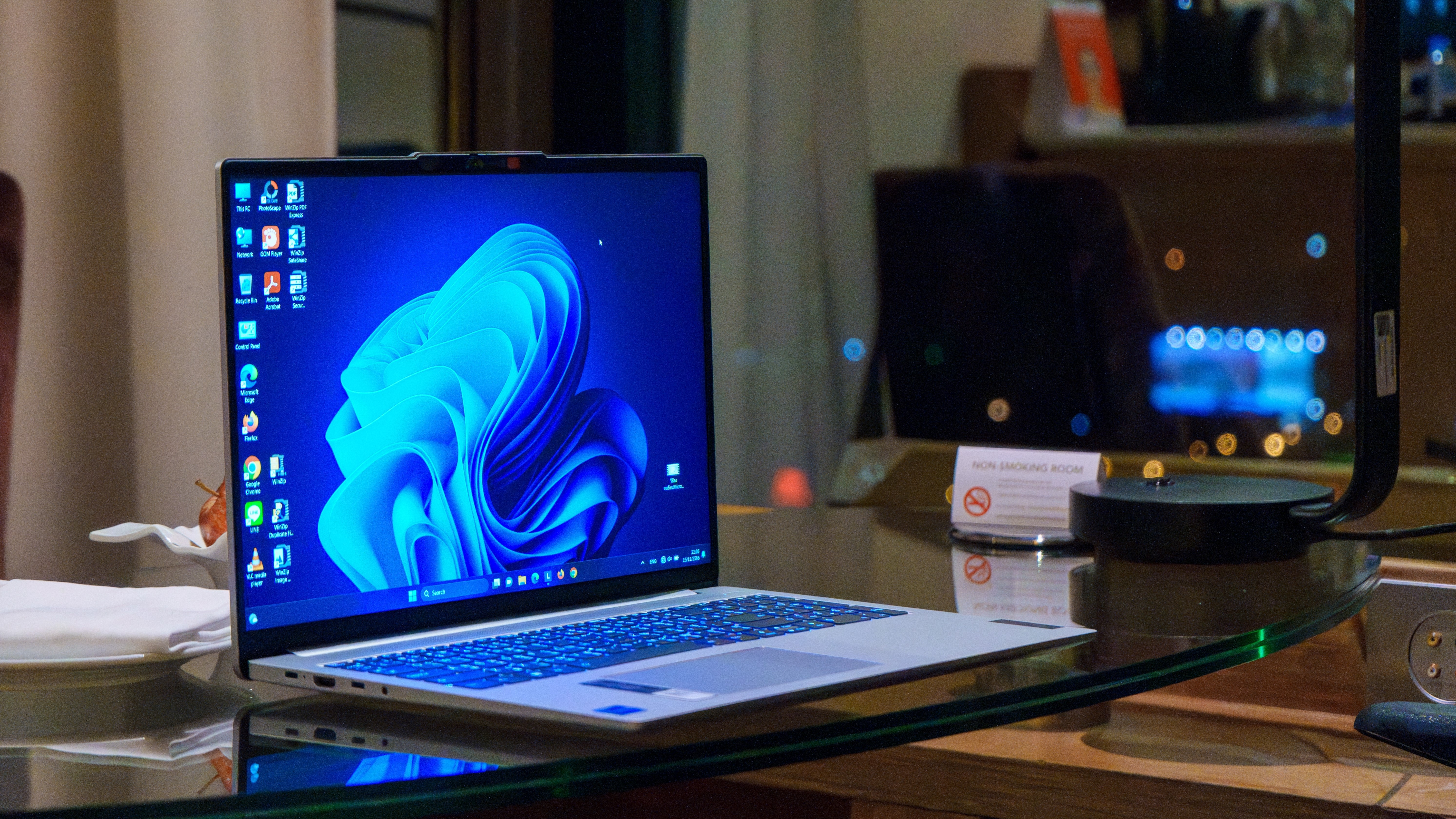Microsoft has a bright idea to make USB-C ports better on Windows 11 PCs – I just can't help wondering why this hasn't been done before
Microsoft is pushing PC makers to ensure USB-C ports work correctly

Sign up for breaking news, reviews, opinion, top tech deals, and more.
You are now subscribed
Your newsletter sign-up was successful
- Microsoft's attempting to bring PC makers in line to make sure USB-C ports are properly configured
- A poor setup by the manufacturer could lead to USB-C ports not working as they should, or not producing the correct notifications
- Microsoft's urging the use of the Windows Hardware Lab Kit to fully validate USB-C ports
Microsoft is trying to bring the makers of Windows 11 PCs in line when it comes to ensuring that all USB-C ports work correctly.
If you've ever bought a new PC and found it has a misfiring port, while it isn't generally a showstopping experience, it's certainly going to be frustrating; particularly if you're short on ports with a laptop, say. And flaws with USB-C ports can be caused by PC makers not configuring them properly.
Windows Latest reports that Microsoft recently wrote a blog post on what OEMs (PC makers) need to know about USB-C ports and relevant notifications in Windows 11, which highlighted issues around these ports being mislabeled.
That includes a USB-C connector being labeled as USB-A, or vice versa, which in the case of the former will hamstring the functionality of the port. Data won't be transferred as fast as it should be, and charging will be slower, for example (as the system thinks that the USB-C port is USB-A).
Furthermore, notifications about problems with a USB-C port won't be displayed if it's misidentified as USB-A, so you'll miss out on troubleshooting details or warnings - such as if the laptop is charging slowly over the USB-C port, or if there are issues when connecting a USB device.
These capabilities may not work if the PC manufacturer hasn't properly set up the Windows Advanced Configuration and Power Interface (ACPI) driver. And, as mentioned, if the connectors are mislabeled as being the wrong type (USB-A rather than USB-C).
So, to address these problems, Microsoft is making it clear that PC makers should be using the Windows Hardware Lab Kit as part of the process of configuring a new Windows 11 device. This tool allows for testing drivers, validating USB ports to ensure they're correctly set up, and more.
Sign up for breaking news, reviews, opinion, top tech deals, and more.

Analysis: avoiding frustration with USB-C ports
Proper validation using the Hardware Lab Kit should ensure that flaky or malfunctioning USB ports become a rarer occurrence. There could still be manufacturing defects with a port - or any component - but at least incidents of misconfiguration by the PC maker can be much reduced this way.
That's if the companies producing PCs following Microsoft's guidance, of course, and a key part of this move will be how that's enforced. Particularly when it comes to cheap, unknown PC brands, who are the manufacturers more likely to rush the setup of a device and get things wrong.
In short, this is a great move in theory, but how the practical side of it pans out, and whether certain low-budget PC makers listen to Microsoft, might be another story.
Laying down the law like this should have a positive impact, though. Furthermore, this latest initiative comes on top of a scheme revealed earlier this year that's designed to ensure consistency with USB-C ports, meaning that every connector delivers all key aspects of the standard's functionality (data transfer, power delivery - charging - and output to a display).
When combined, these two strides forward should help make USB-C ports a lot less confusing, and a good deal more reliable on Windows 11 PCs, which has got to be a good thing. Perhaps the main question here is: why haven't these initiatives been implemented before now?
You might also like
Darren is a freelancer writing news and features for TechRadar (and occasionally T3) across a broad range of computing topics including CPUs, GPUs, various other hardware, VPNs, antivirus and more. He has written about tech for the best part of three decades, and writes books in his spare time (his debut novel - 'I Know What You Did Last Supper' - was published by Hachette UK in 2013).
You must confirm your public display name before commenting
Please logout and then login again, you will then be prompted to enter your display name.